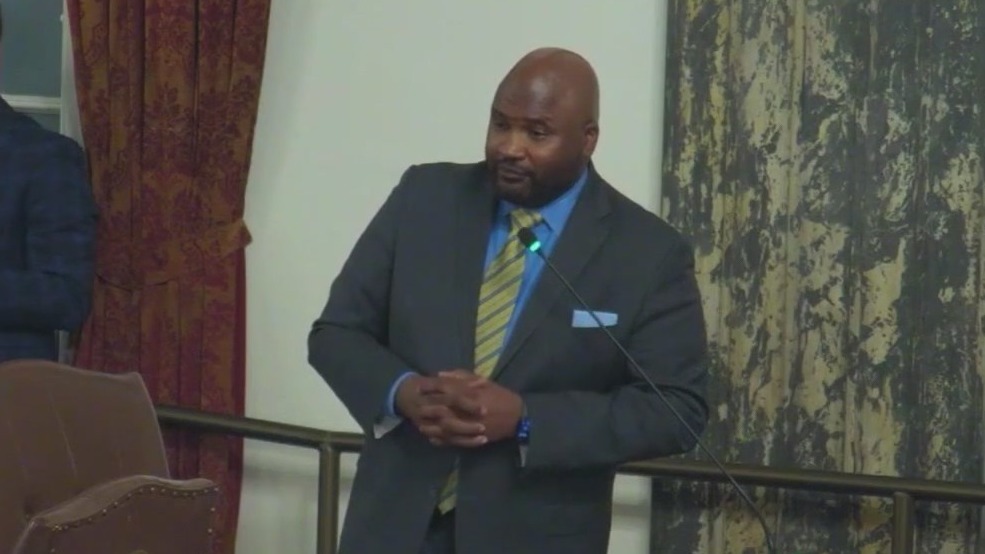Illinois Senate passes $53 billion state budget

Illinois lawmakers advance $53 billion state budget
This years state budget allocates $400 million more than last years, with $187 million earmarked to help Chicago and Cook County with sheltering and caring for migrants.
SPRINGFIELD, Ill. - On Tuesday, the Illinois House is expected to take up a $53 billion budget proposal that passed the Senate on Sunday. The budget is anticipated to pass in the House as well, where Democrats hold a strong supermajority over Republicans.
The budget includes $750 million in new tax revenue. Of this, $200 million will come from a graduated tax of up to 40% on sports gambling. Another $526 million is projected from capping the amount of net operating losses that businesses can write off.
This year's budget allocates $400 million more than last year's, with $187 million earmarked to help Chicago and Cook County with sheltering and caring for asylum-seeking migrants.
Two weeks ago, Chicago Public Schools (CPS) leaders and members of the Chicago Teachers Union demanded $1 billion more for CPS. However, the state will increase its general education spending by $350 million, with CPS expected to receive a fraction of that amount, likely in the tens of millions of dollars, depending on the state Board of Education's assessment of need across school districts.
Republicans in the Senate voiced their concerns during Sunday’s debate before the vote, which largely followed party lines.
"I don’t know if this is news to some people or not," said downstate Republican Jason Plummer. "But just spending money isn't investing. When you invest, you measure results."
Democrats emphasized that, despite the partisan vote, there was significant bipartisan collaboration in finalizing the budget package.
"This budget invests in our greatest infrastructure, which is our people...we are educating our young people," said State Sen. Elgie Sims (D-Chicago).
The House is scheduled to be in session on Tuesday, with a final vote expected just after midnight. State Rep. Will Davis (D-Hazel Crest) had advocated for increased state spending on education beyond the $350 million allocated, particularly to meet Chicago Mayor Brandon Johnson’s requests for more CPS funding. Despite not securing the full amount, Davis expressed satisfaction with the budget.
"Since this is where we landed in a tough budget year, we gotta be thankful for the new dollars put on the table," Davis said. "As far as CPS is concerned, if the state Board of Education hasn't done a run, that will be forthcoming very soon, where they will take the increase in the new dollars and put it into a formula, and everyone will see how much their school districts will benefit."
The largest single expense in the budget is a $10 billion mandatory payment towards the state’s underfunded public employee pensions system, accounting for nearly one-fifth of the total state spending.

